Listen to Sainath Suryanarayanan, a scientist at the University of Wisconsin and co-author with Daniel Kleinman of Vanishing Bees: Science, Politics and Honeybee Health talking…

Colony collapse disorder
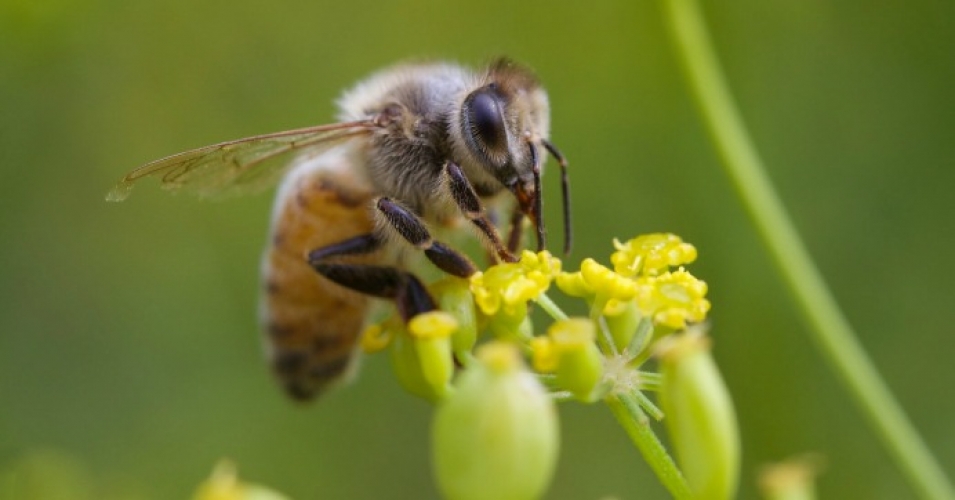
The Environmental Protection Agency on Thursday published two bee-related announcements, but with both, say environmental groups, the agency has failed the pollinators. One was its…

Since 2006 beekeepers have been noticing their honeybee populations have been dying off at increasingly rapid rates. Subsequently researchers have been scrambling to come up…
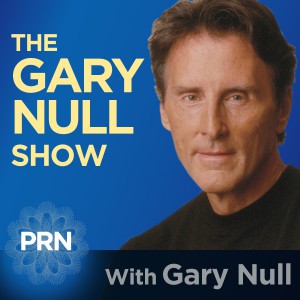
Today on The Gary Null Show, Gary covers a wide viatery of health news such as Drinking green tea to prevent artery explosion and how…
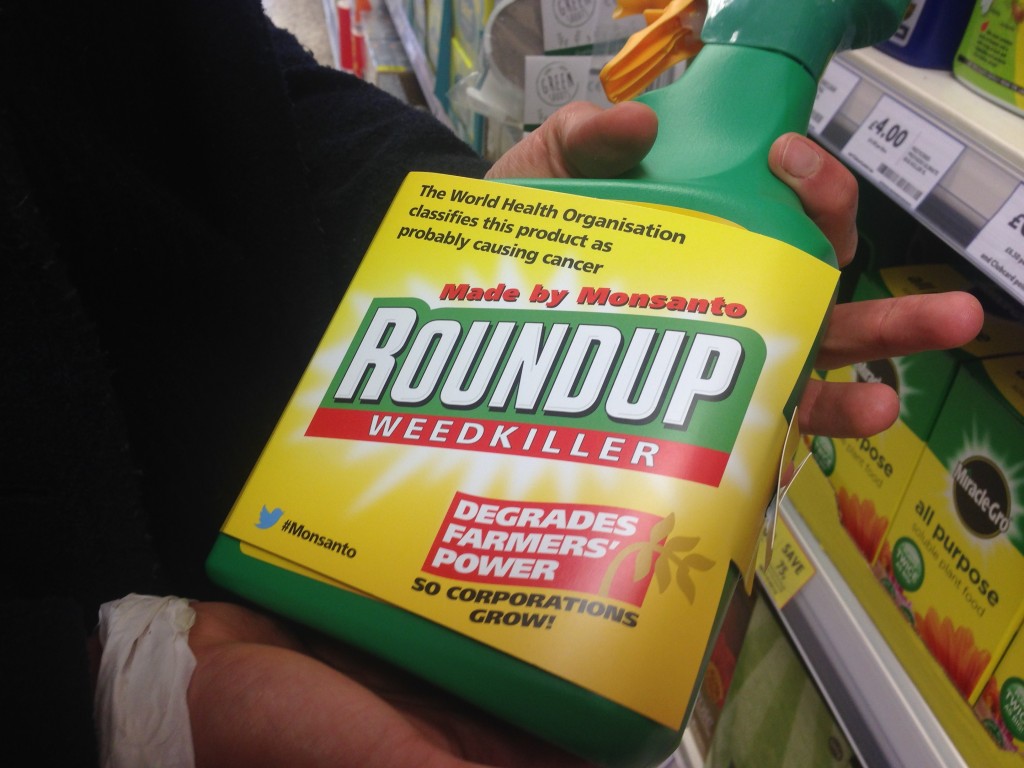
Monsanto may not be a household name in the UK but as one of the world's leading seed and chemical companies, its activities affect us…
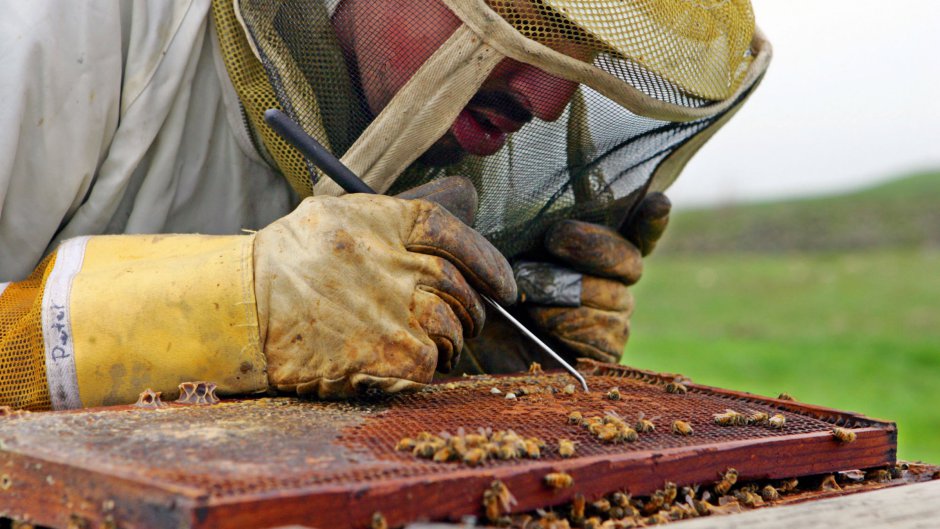
As we’ve written before, the mysterious mass die-off of honey bees that pollinate $30 billion worth of crops in the US has so decimated America’s apis…

The following is an excerpt from the new bookMason Bee Revolution: How the Hardest Working Bee Can Save the World One Backyard at a Time [4] by…

Life without bees isn’t life at all. Seriously, have you considered just how empty supermarkets would be if the tiny, bumbling insects went extinct? Since the 1980s, bee populations have diminished…

The Colony Collapse Disorder (CCD) issue you keep hearing about (the phenomenon that is killing our bees and butterflies), well it just got real again with a study…

The world has been abuzz with the dramatic losses of cultivated honey bees due to colony collapse disorder1 as well as declines of native pollinator…
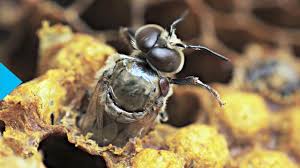
Barack Obama may be pushing America into an abyss of gay-loving, Iran-hugging, welfare-splurging socialist ruin, but conservatives can console themselves with at least one piece…
The link between popular pesticides and declining bee populations has been the subject of controversy and the target of research for some time; but the…
